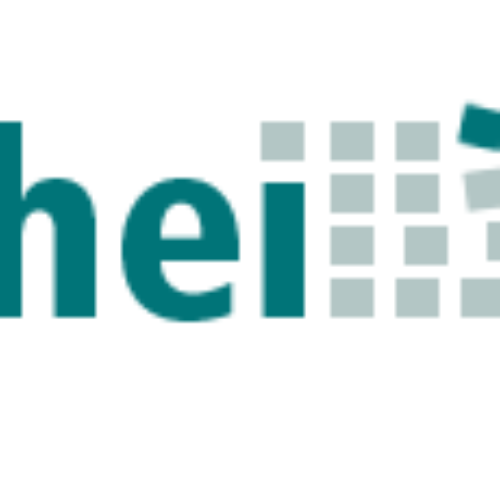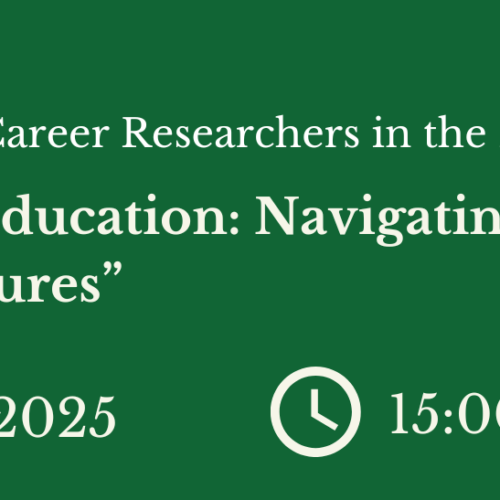Touching bodies SWG invites submissions for ISCHE 39 Conference. Deadline: Jan. 15, 2017
Touching bodies as emancipation?
Convenors: Marcelo Caruso (Humboldt University/Berlin), Inés Dussel (DIE/CINVESTAV, Mexico), Diana Vidal (University of Sao Paulo)
Tactile and bodily entanglements in educational practices in and outside schools have been interpreted in many different ways. They may represent a more direct pedagogical intervention through touching; they may hint at the dangers of body contact; they may be considered as opportunities of contagion as in hygienist programmes or as an opportunity to achieve order as in the discourses on body punishment. Even for some educational practices like learning to dance, touching bodies may have had a structuring effect. Yet touching bodies has been rarely analysed in terms of their potential emancipating powers. Bodies have become in the course of times as one of the most promises surfaces for enabling different registers of emancipation. In touching the communion bread, a Christian participates in a moment of emancipation from evil and sin. Coordinating gymnastic movements in Prussia in 19th century has been a practice intrinsically entangled with a national emancipation movement. Rituals of nudist culture were seen as educational opportunities for getting back to nature and emancipating from a decadent society. Touching animal bodies has been recommended as a way of articulating emotions and learning. Avant-garde sexual practices became a central interest in the context of the transnational cultural and political movements associated with the year 1968. Of course, liberation did not unmistakably come about through these practices. Christians were trapped in a dialectic relation of approaching liberation and hell; Prussian liberals ended advocating a new form of separating bodies through militarisation; some nudist groups eschewed the ambivalent potentials of body contact; animal bodies could also represent a source of danger (being bitten) or contagion; and, of course, some sexual experiments involved in a new kind of education of the sentiments in late modern times ended in forms of harassment and abuse. Nonetheless, the link between (achieved and/or failed) emancipation and touching bodies in the field of education remained in many cases a two-faced issue.
The Standing Working Group aims at discussing the specific links of body contact in educational fields from the perspective of political, cultural, national, sexual, social and pedagogical emancipation. Contributions may address both programmes and practices, promises and dangers, success and failure. Yet, at the same time, contributions should ideally propose conceptual frames for linking abstract emancipatory programmes with situated techniques and processes.
Deadline: January 15, 2017. Please submit your abstract (max. 500 words) including title, name, institutional affiliation, conceptual approach, historical sources and main discussion points to: Marcelo.caruso@hu-berlin.de
About author
You might also like
Richard Aldrich
Professor Richard Aldrich, a past president of the International Standing Conference for the History of Education and Emeritus Professor of the History of Education at the Institute of Education London,
Remembering Joyce Goodman
We regret to inform our membership that our dear colleague and friend, Joyce Goodman, passed away in January 2025. Joyce was Professor Emerita at the University of Winchester in the
CFP – Revue d’histoire de l’enfance « irrégulière » (RHEI). Deadline: Mar. 1, 2017
Call For Papers Revue d’histoire de l’enfance « irrégulière » (RHEI) http://rhei.revues.org Special issue on “Juvenile Sexualities, 19th and 20th Centuries”, edited by Véronique Blanchard and Régis Revenin, issue




